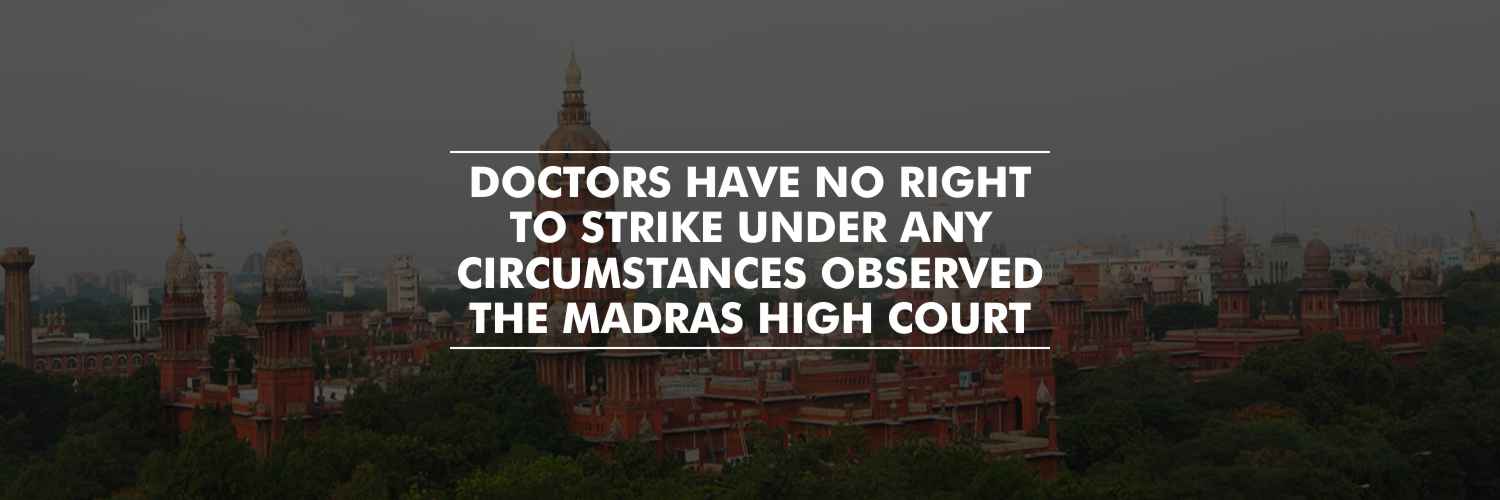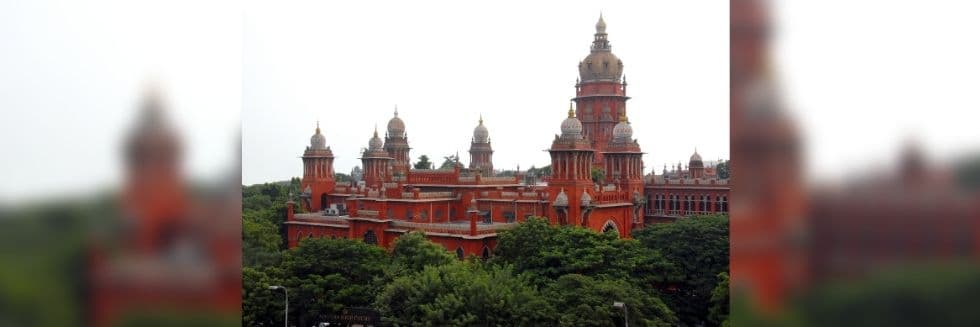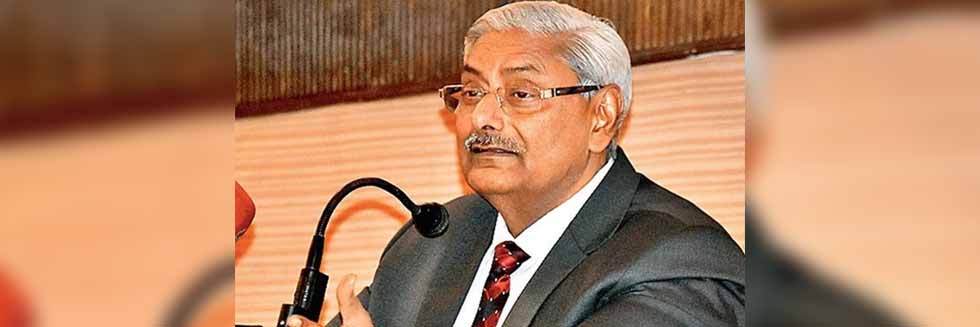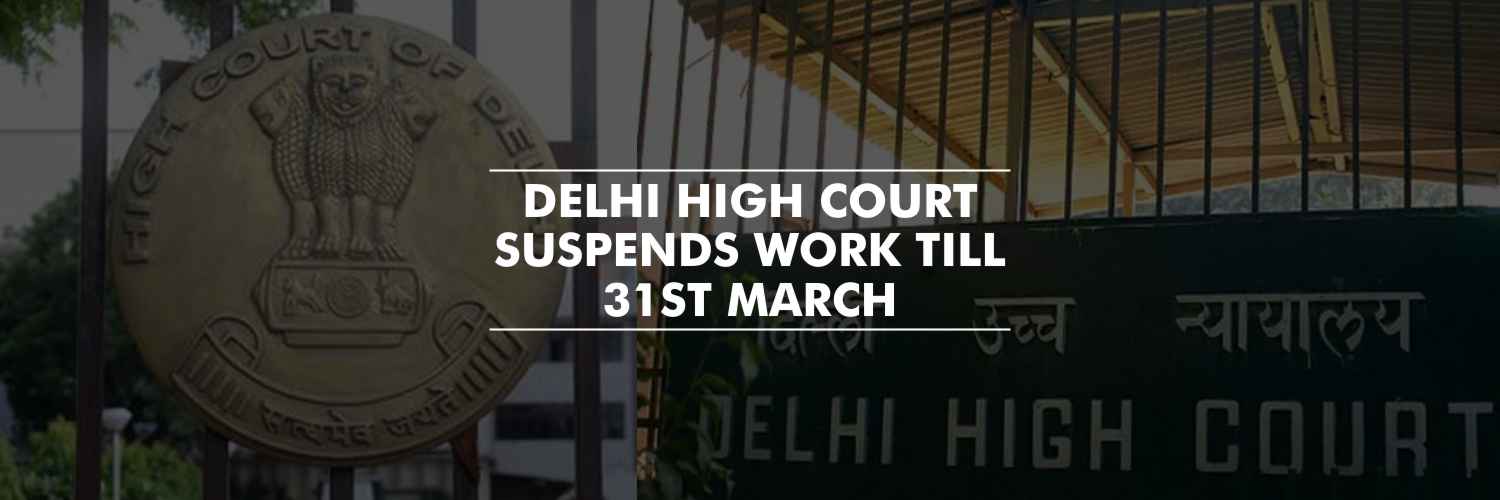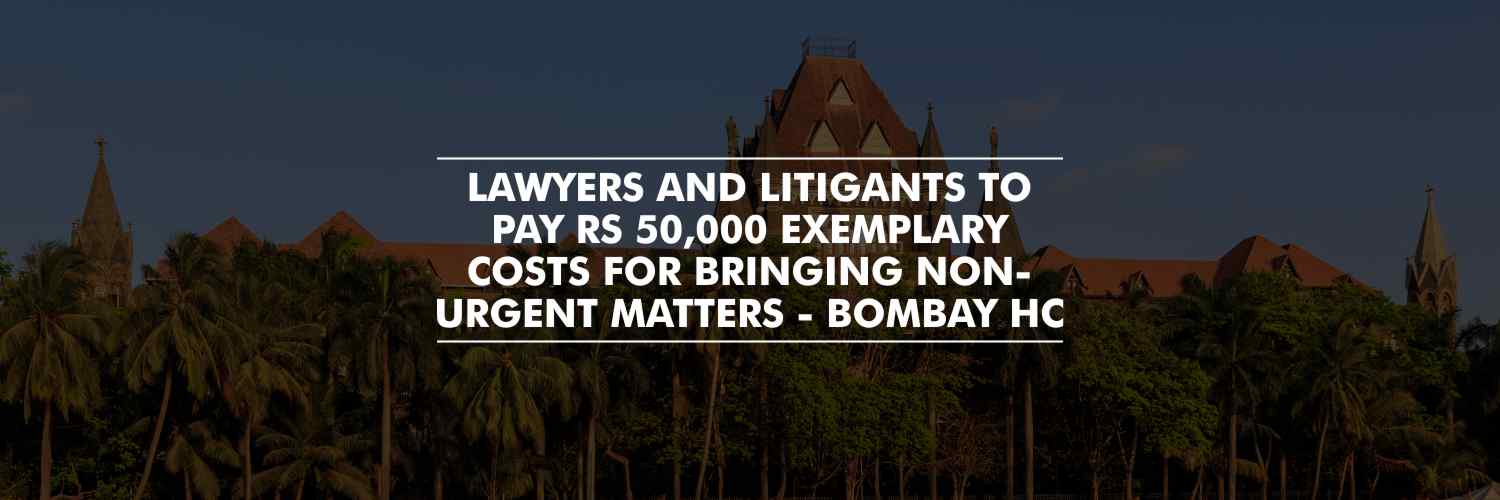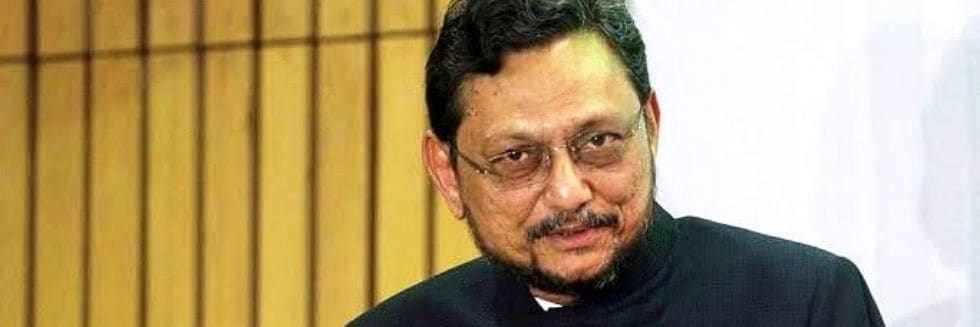The Madras High Court on 28 February, reiterated that Doctors do not have the right to go on strike/boycott under any circumstances.
The bench headed by Justice Anand Venkatesh was hearing the writ petitions filed by a large number of Doctors, challenging the charge memos, transfer and posting orders issued to them by the Director of Medical Education and the Director of Medical and Rural Health Services. The petitions sought to quash the “punitive” government orders to transfer 135 Government Doctors out of Tamil Nadu, citing that the transfers were malafide.
As per sources, in October 2019, doctors went on strike after the Government failed to repeatedly address concerns put forward to them, by the medical professionals on various issues including revision of pay, time-bound promotions, PG postings, and counseling issues. Subsequently, the strike was resumed by the doctors on 1 November 2019, after the Government decided to withdraw an earlier order that could have resulted in the doctors losing employee benefits for their absence from service.
However, after this, the Government issued another break-in order to transfer 135 doctors. This led to more agitation among the doctors and they resumed their strike challenging the transfer orders, on the ground that the transfers were malafide and targeted against those doctors identified who had led to the agitation, earlier.
Taking into consideration the above claims of the Doctors, the bench observed that the transfer orders and the charge memos issued to the Doctors are clearly tainted with malafides and it has been issued only to punish them who were sphere heading the agitation. The Court also directed the Government to resolve the long-standing grievance of the Government Doctors.
“If action had to be necessarily taken for the agitation / strike, then it should have been taken against all the Doctors who participated in the same. However, the respondents have chosen to go only against the office bearers and hasty transfer orders have been passed and charge memos have been issued,” observed Justice Anand.
He further argued that “Those who spearheaded the protest alone should not be assigned the role of a villain and singled out and dealt with in such a harsh manner. If the Government had been proactive, the entire incident could have been avoided. In the considered view of this Court, the inaction on the part of the Government had only led to the Doctors going on a State-wide boycott/agitation/strike.”
“Doctors going on a strike/boycott is a very rare phenomenon which does not happen very often. Unfortunately, the Government pushed the Doctors to take the extreme step and now the Government wants to punish those Doctors and warn them not to make any demands in the future. This attitude of the government requires a change,” the court submitted while allowing the writ petitions filed by the aggrieved doctors and directed the recall of the transfer orders.
On the other hand, the bench also condemned the strikes by Doctors and reprimanded that “By using strikes to resolve issues, doctors, like lawyers, forget the moral worth and dignity of patients and leave them in the lurch unmindful of the humanitarian consequences that ensure from their actions. Patients cannot be a means to an end. They cannot be mere playthings whose lives can be put on the line to achieve other ends through the medium of strikes.”
The court further contended that in the absence of a legal or even a moral or equitable right to go on a strike, the logical corollary is that any form of the strike is necessarily illegal and without any legal or moral justification.
“Doctors cannot resort to strike or boycott under any circumstances since they are directly dealing with the lives of persons and as between the demands of the Doctors and the lives of the patients, it is life that is more important than anything else. The nature of the duty of a Doctor is such that the non-availability of the Doctor even for a single minute may cost a life,” observed the court.
